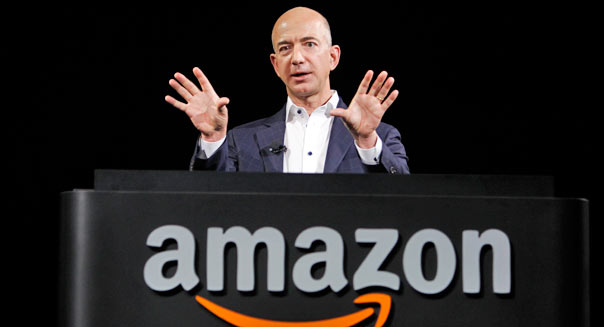Industry incumbents are never happy when they are disrupted. In the late 1940s, when new television technology was being explored in Australia, R.G. Casey, a Minister in the Menzies Government at the time, opposed it. He expressed a view held by the incumbent radio stations when he said, ‘we should not add to our already overcrowded market for public entertainment in Australia.’[1]
However, more entrepreneurial minds saw the opportunity of the new technology and television was officially launched in 1956.
There is nothing new under the sun it seems. With recent news of Amazon’s impending launch in Australia, Harvey Norman boss, Gerry Harvey, has described them as “parasites” and said the retailer should be barred from entering Australia.
But for many entrepreneurs who own their own brands and are looking for a new way to access bigger markets, the arrival of the $570B company represents a game-changing opportunity.

The rapidly changing marketplace will continue to demand game-changing leadership. Global research by IMD suggests that an average of roughly four of today’s top 10 incumbents in each industry will be displaced by digital disruption in the next few years.
The leadership mindset is all-important in these disruptive times. Stanford Psychologist, Carol Dweck, in her book Mindset, argues that, “the view you adopt for yourself profoundly affects the way you lead your life.” Her research has demonstrated that those with a fixed mindset believe that their qualities are carved in stone. They are more likely to avoid challenges as a result.
Those with a growth mindset on the other hand believe that our basic qualities are things we can cultivate through our efforts. They are more likely to thrive on challenges and to learn from failures.
Game-changing leaders have a growth mindset. They are able to capture opportunities, even when faced with adversity.
Whether it is building on a strength that your organisation already has or seizing an opportunity that is in front of you, game-changing leaders add value through their growth mindset.
Where could you adopt a growth mindset and create new opportunities to change the game?
Best regards, Brian
[1] Clear Across Australia, A history of telecommunications, by Ann Moyal, p.196
PS: Contact us for a free 30 minute leadership diagnostic.

